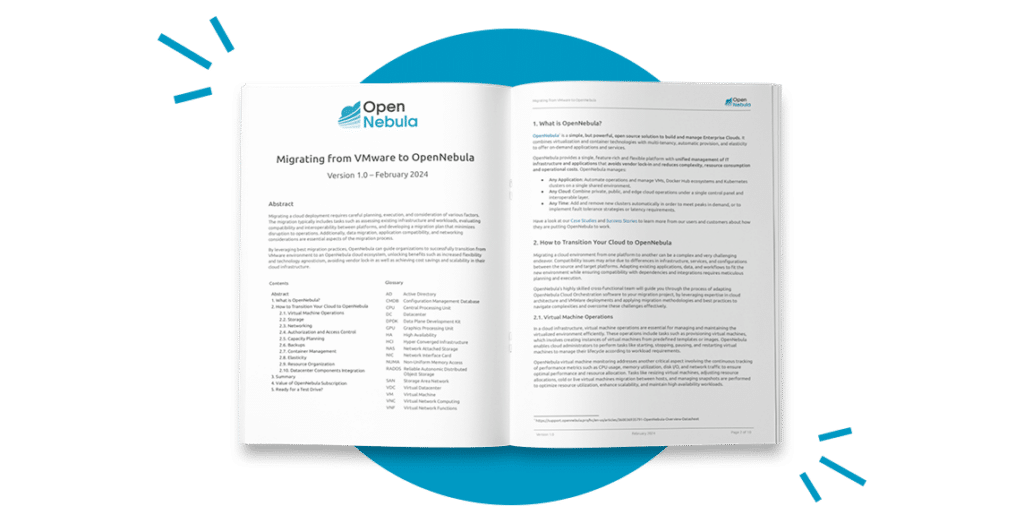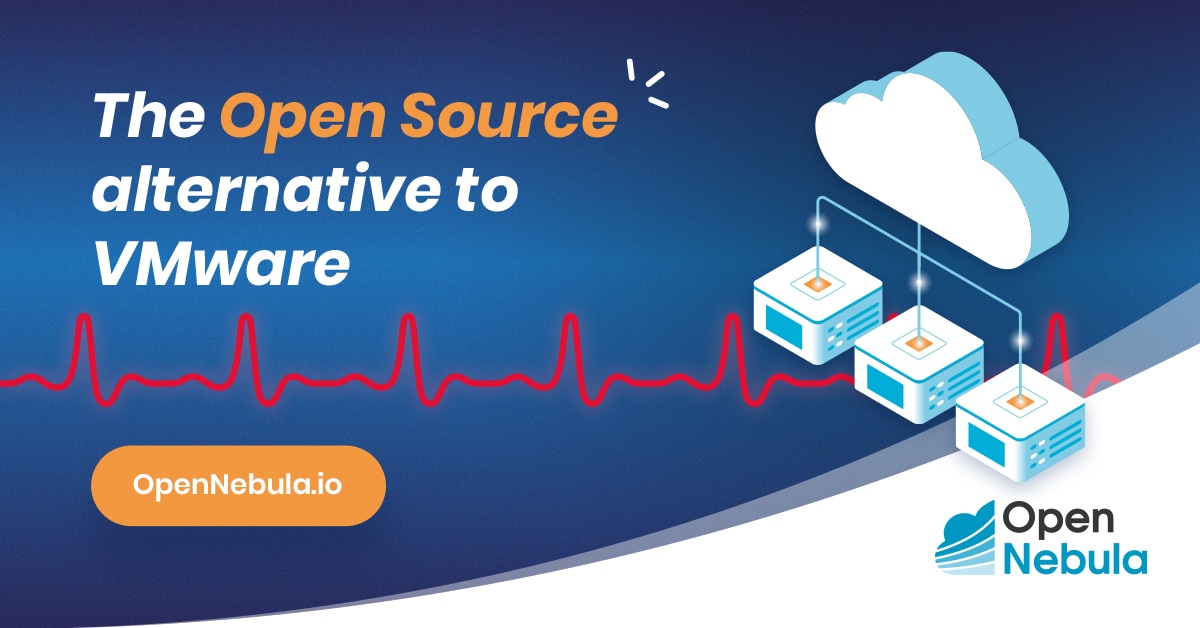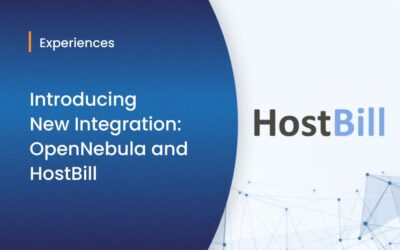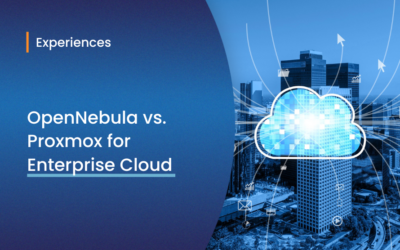VMware and Broadcom continue to make headlines, those which are creating a bit of havoc in the marketplace, particularly for existing VMware customers. Since the announcement of the VMware acquisition by Broadcom was communicated back in 2021, all eyes have been on their eventual plan of execution, and existing VMware customers – Cloud Service Providers and Managed Service Providers more than anyone else – have been given significant reason for concern over the future. More concretely, Broadcom told its cloud provider partners: “Effective April 30, 2024, the ability to transact as a VMware Cloud Services Provider, under the VMware Partner Connect Program, will come to an end.”
This is simply one of the many nuggets that Broadcom has dropped, indicating that their strategy for the future is to aggressively focus on the large partners and organizations that can offer them significant growth and revenue. Regardless of the motive, this has left many smaller and medium-sized providers in doubt about their right to operate VMware cloud services, and ultimately leaving their customers with the need of a new provider. Not only this, but the ever-growing EOA (End of Availability) list of VMware vCloud and vSphere products—many without replacement products—seems to put a clear spotlight on the future for many VMware customers.
OpenNebula has been a long-established leader in the open source cloud management software space, with a proven track record and many success stories with large scale deployments, cloud federations distributed across the globe, and single cloud instances scaling to over 2K+ hosts. And ultimately, OpenNebula simplifies your transition from VMware to KVM, offering innovative features and a streamlined process for building hybrid cloud infrastructure while putting full control in your hands. It exceeds the cloud management requirements of most enterprise and service provider users, and can result in up to 80% cost savings. OpenNebula not only benefits the business’ value thanks to its lower capital and operational costs, but also provides increased flexibility with no vendor lock-in and simplicity of use, as well as multiple features not offered by VMware.
We have recently published a new white paper detailing how OpenNebula provides alternatives to existing VMware deployments, using terminology oriented to VMware administrators, and explaining best match features available from OpenNebula when migrating your cloud from VMware, covering storage, network and hardware paravirtualization support among others, as well as integrations with other enterprise software.
If you want to know more, do not forget to join us in our upcoming webinar to learn how to streamline your migration from VMware vCenter to a KVM-based OpenNebula-managed cloud, ensuring minimal impact during the transition. We will unveil a structured process that ensures a smooth transition, guiding you through the essential considerations and elements to monitor during such migrations.
Stay tuned because we are also announcing a new commercial service with migration tools and expert services for a smooth transition from VMware. We are developing new automated conversion tools that eliminate the manual effort traditionally associated with transitioning VMs between vCenter and OpenNebula environments.






0 Comments